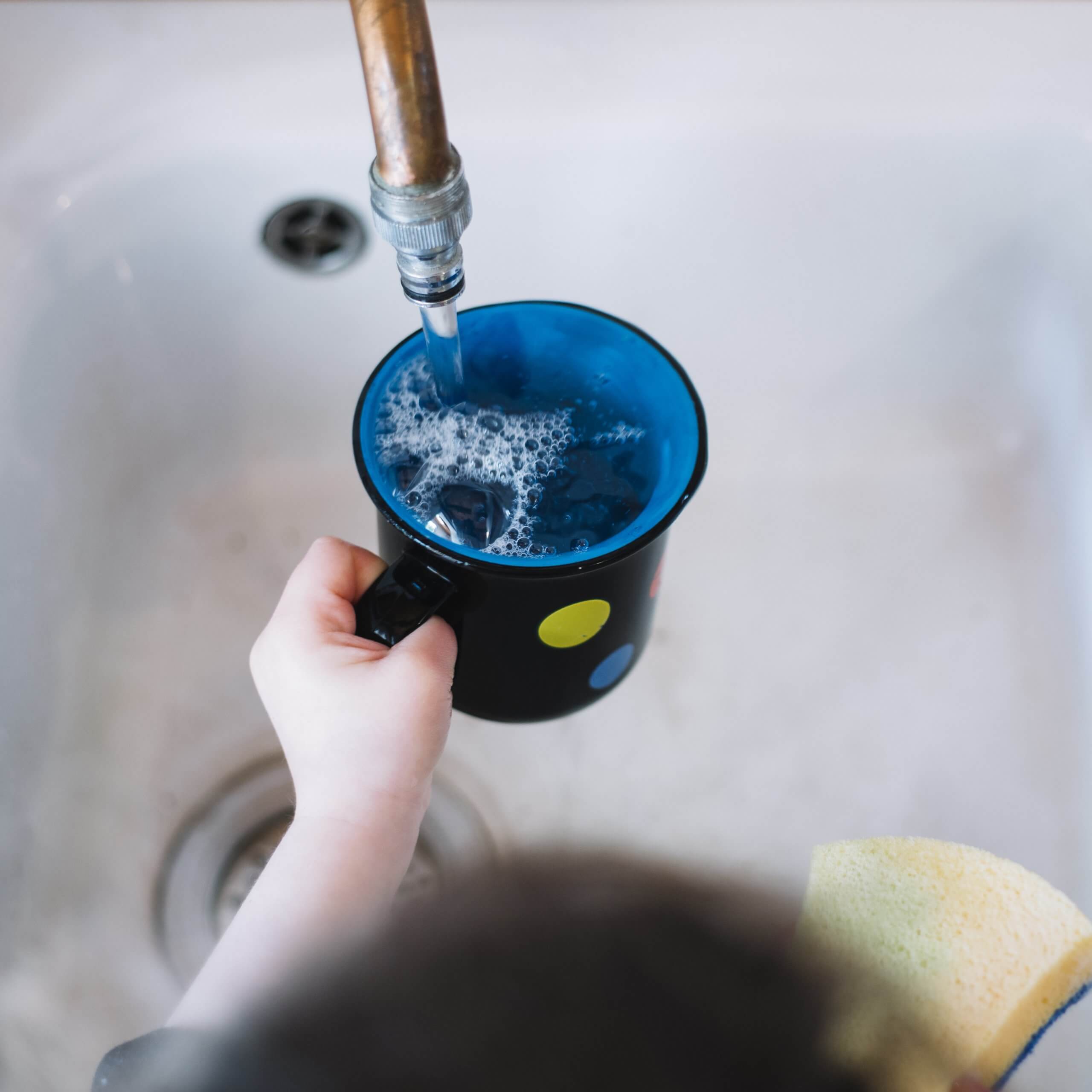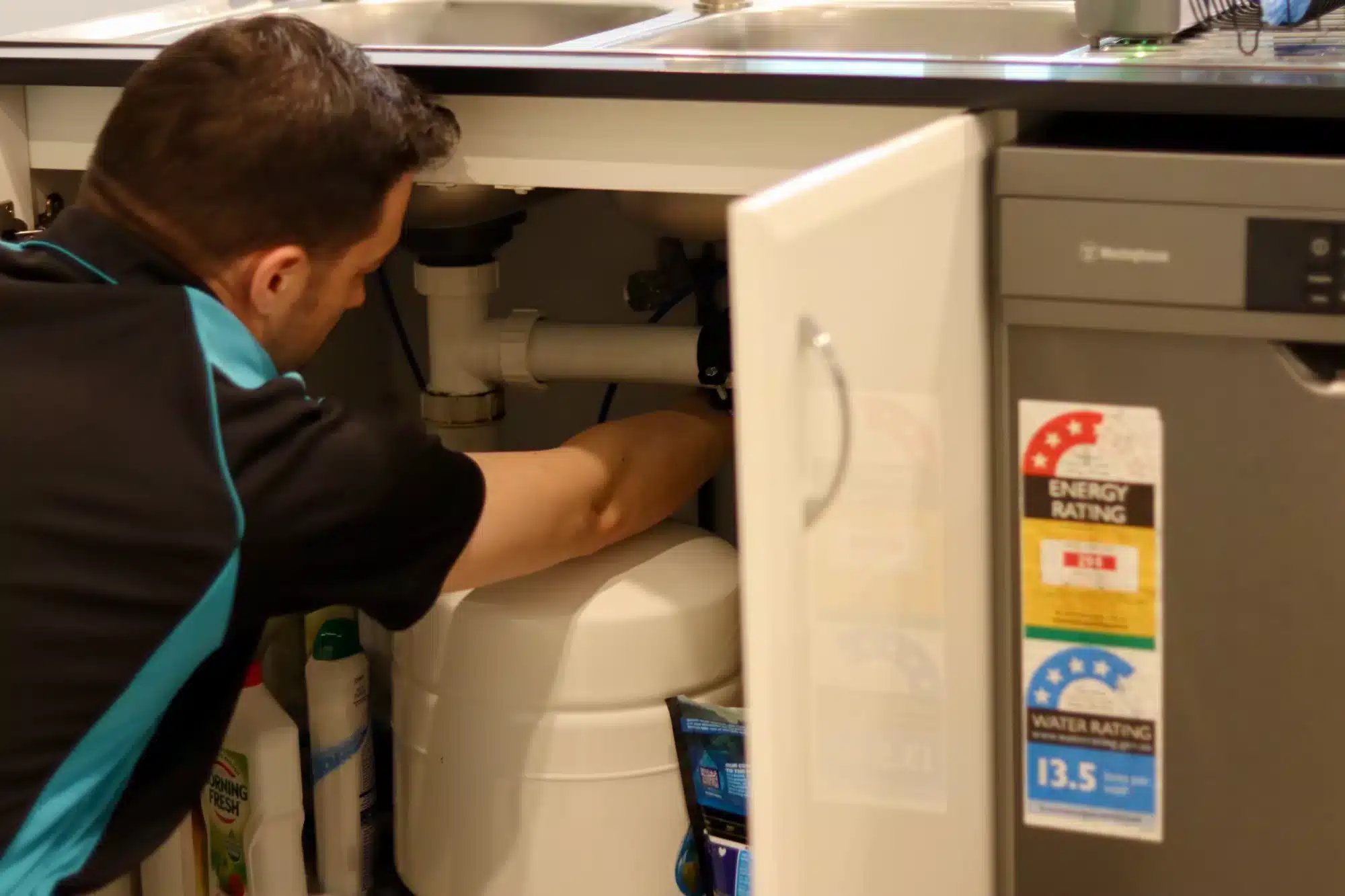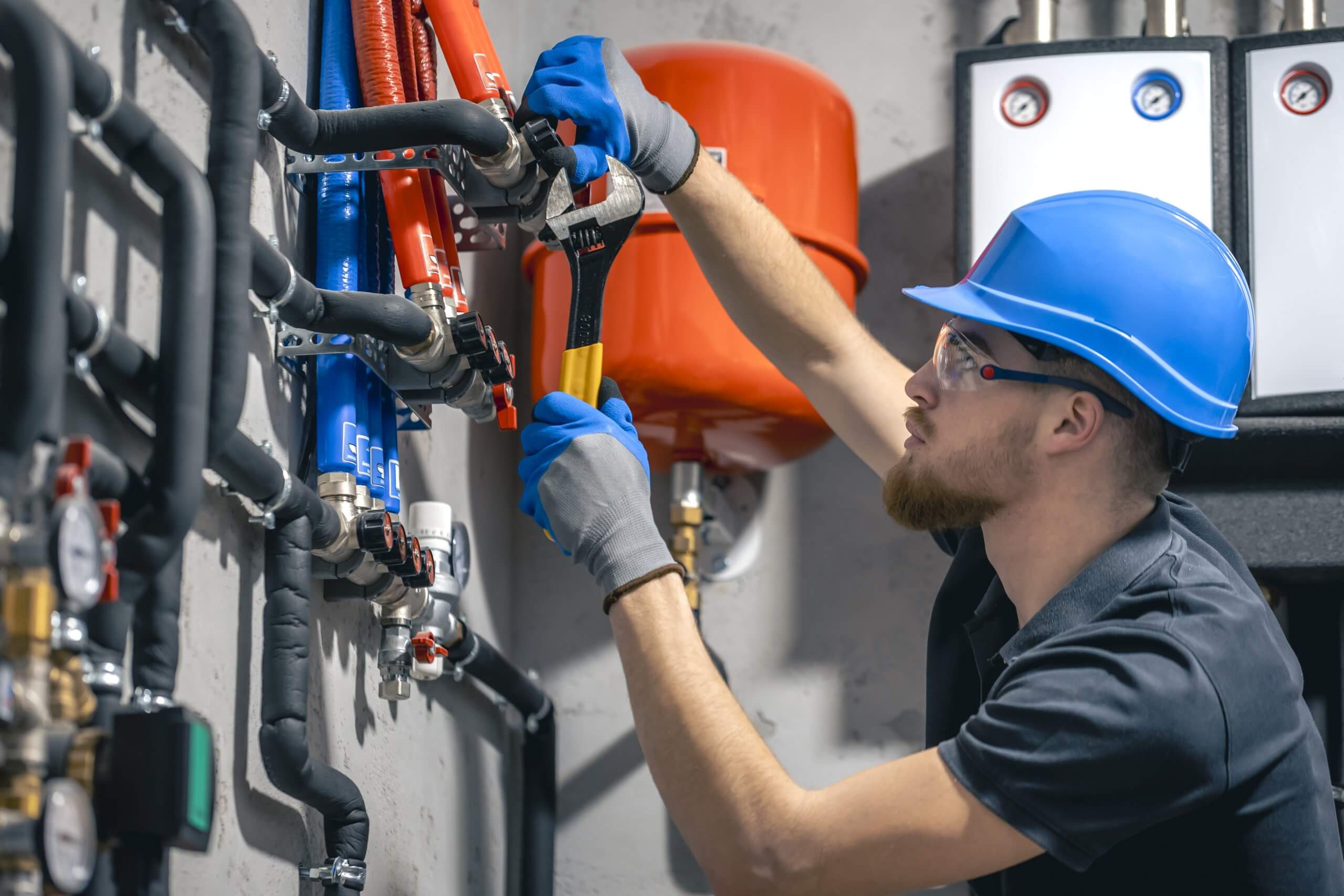Have you ever turned on the hot tap, only to be greeted by brown, murky water? It’s not only unpleasant but also a little alarming. Discoloured hot water is a common issue in many Australian households and can stem from several sources – most commonly, rust, sediment buildup, or problems within the water heater itself. While it’s usually not dangerous, brown water can be a sign of an underlying problem that needs attention. In this guide, we’ll walk you through the most likely causes of brown hot water, what it means for your plumbing system, and the steps you can take to resolve it and restore clean, clear water to your home.
Causes of Brown Hot Water
Brown or discolored water can be a concerning issue in your water system, often caused by a variety of factors. The most common reasons include:
Sediment and mineral buildup
Over time, minerals like iron and manganese accumulate in pipes and water heaters, leading to discoloration.
Rust in water mains
Corrosion in the municipal water supply can release rust particles into your home’s plumbing system.
Nearby construction or plumbing work
Any disruption in the water supply system, such as construction or water main flushing, can dislodge sediment and cause temporary brown water.
Recent pipe replacements or broken pipes
New pipe installations or damaged pipes can release rust and debris into the water supply.
Faulty or aging water heater
Sediment buildup or corrosion inside the water heater tank can result in brown hot water, particularly if the issue is isolated to hot water taps.
A professional plumber can help diagnose and address the cause of water discoloration in your home, including the need for a water heater inspection.
The Role of Rusty Pipes and Water Heaters
Rusty water pipes, sediment build up, and a deteriorating hot water system are leading culprits behind brown hot water. Over time, pipes and water tanks corrode, releasing rust into the water supply. Common issues include:
Aging galvanized pipes
Older homes with galvanized steel plumbing are prone to corrosion, leading to rust deposits that turn water brown.
Mineral sediment buildup
Minerals from hard water accumulate in pipes and water heaters, causing discoloration.
Bacteria and mold risks
Rusty pipes can create an environment conducive to bacterial and mold growth, which may affect water quality.
Water heater lifespan
Most water heaters last between 8-12 years. If yours is over 10 years old, it may be time to consider a replacement.
Faulty anode rod
The anode rod inside a water heater helps prevent corrosion, but if it wears out, rust can develop in the tank.
Regular hot water heater maintenance can help prevent these issues from occurring.
Troubleshooting Brown Hot Water
If you notice brown water coming from your tap water, follow these troubleshooting steps:
- Check multiple faucets – Run both hot and cold water taps separately to determine if the issue affects only hot water.
- Run the cold water for several minutes – If the cold water is also brown, the issue likely originates from the main water supply or pipes.
- Inspect your water heater – If only hot water is discolored, flush the heater to remove built-up sediment.
- Test different plumbing fixtures – If the discoloration is localized to one fixture, it may indicate an issue with a specific pipe or faucet.
- Contact your water provider – If brown water appears suddenly in both hot and cold taps, check if your local water authority is performing maintenance or repairs.
Why Is My Hot Water Brown, But Cold Water Clear?
If brown water coming from your hot water is brown while your cold water remains clear, the issue is likely within your water heater, which can cause water discolouration . This can happen due to:
- Sediment buildup in the water heater tank – Minerals settle at the bottom of the tank over time, discoloring the hot water.
- Rusty heating elements – In electric water heaters, rust from a corroded heating element can turn hot water brown.
- Internal tank corrosion – Over time, the inside of a hot water tank may rust, leading to discolored water.
- Old or deteriorating anode rod – The anode rod protects the tank from corrosion. If it’s degraded, rust can form inside the heater.
If flushing the heater does not resolve the issue, consider scheduling a professional inspection.
Signs of a Contaminated Water Supply
Brown discoloured water can indicate high concentrations of contamination in the water coming from your system , which can become a breeding ground, posing health risks. Signs of potential contamination include:
- Persistent discoloration – Water that remains brown for extended periods suggests underlying pipe corrosion or contamination.
- Unusual odor or taste – A metallic or foul odor could indicate rust, bacteria, or chemical contamination.
- Presence of sediment – Visible particles in water suggest pipe degradation or water heater sediment buildup.
Annual water testing is recommended, especially for homes using well water, and a water softener may be beneficial. A professional water test can determine if contaminants like manganese, bacteria, or other pollutants are present.
Solutions for Brown Hot Water
To restore clear, clean hot water, consider these solutions:
- Flush your water heater – Drain and flush the tank regularly to remove sediment.
- Replace aging pipes – If your home has old, galvanized pipes, upgrading to copper or PEX piping can improve water quality.
- Install a whole-home water filtration system – A filtration system can remove rust, sediment, and other impurities from your water supply.
- Use a reverse osmosis (RO) system – RO systems remove contaminants through a semi-permeable membrane, improving water clarity.
- Replace the water heater if necessary – If your heater is old or severely corroded, replacing it may be the best long-term solution.
Maintaining Clean Water
Ensuring clean and safe water in your home requires routine maintenance and preventative measures:
- Schedule annual water heater maintenance – Regular flushing and inspections help prevent sediment buildup.
- Replace the anode rod when needed – Installing a new anode rod can extend the life of your water heater and prevent rust.
- Inspect plumbing regularly – Check pipes for leaks, corrosion, and buildup to address issues early.
- Consider a Corro-Protec anode rod – This specialized rod helps protect against corrosion, extending the lifespan of your water heater.
Conclusion
Brown rusty water is often caused by rust, sediment, or an old hot water tank. Regular inspections and maintenance can prevent these issues and keep your water supply clean. If the problem persists and you experience persistent brown water, consider flushing your water heater, checking for pipe corrosion, or installing a filtration system. For severe cases, consulting a professional plumber is the best course of action to restore your home’s water quality.






